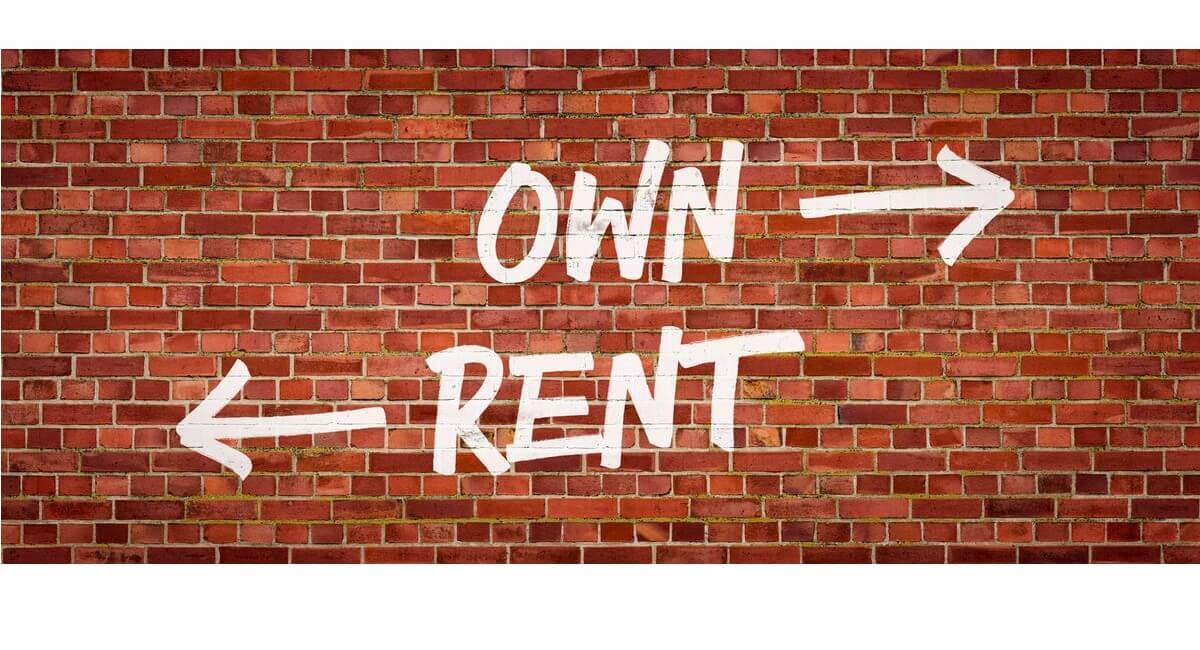There will always be benefits and drawbacks to both owning and renting a home. In 2025, potential home buyers are faced with some difficult decisions as tough economic conditions make it even harder to break into the housing market.
You might be wondering whether 2025 is the right time to purchase your first home or whether you should wait to see how the market changes. Understanding the current market conditions and weighing the pros and cons of both options will help you make the right choice.
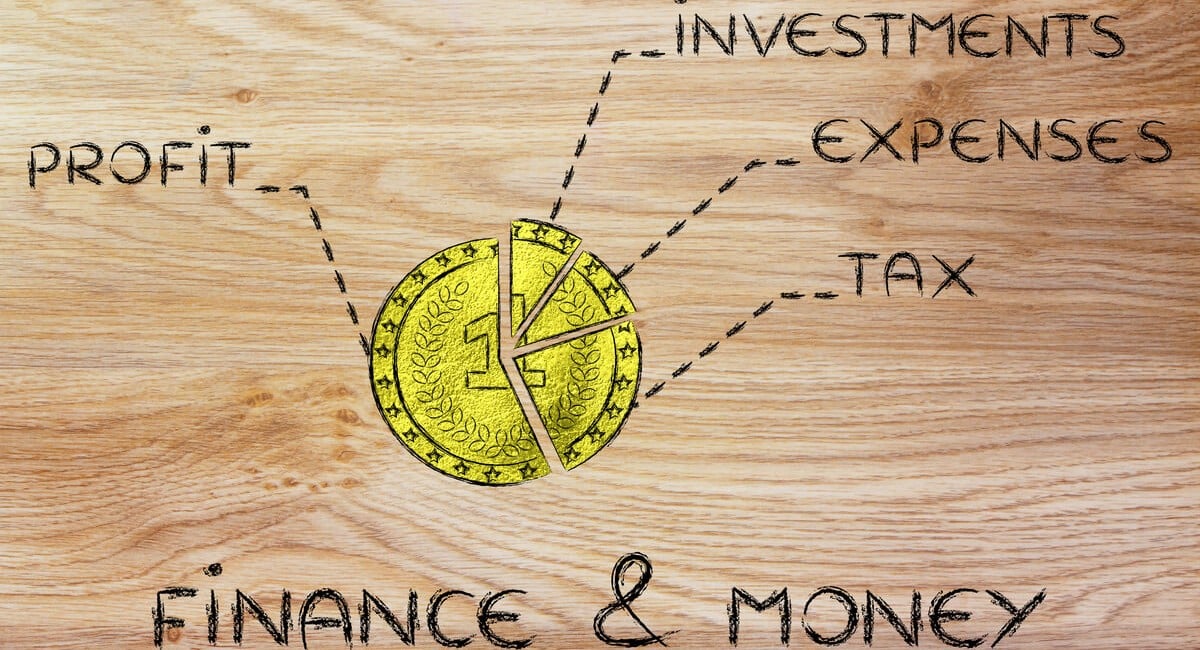
Costs of Renting vs Buying in 2025
Until recently, it was widely believed that you could pay a comparable amount for a mortgage as you would for a rental unit. In many areas, homeowners with small to moderately-sized homes paid the same or even less for their mortgages as renters did for one- or two-bedroom apartments. This made buying the obvious choice from a financial standpoint.
However, with low housing supply, high demand, and high mortgage rates, the situation has now changed. According to Bankrate, in 2025, renting is now cheaper than buying in all 50 states. Mortgage payments, including property taxes and homeowners insurance, have exceeded rental averages, and the gap is continuing to grow in many areas.
Bankrate’s study found that the average mortgage payment for a median-priced home was over $2,700 at the beginning of 2025. The average monthly rent was around $2,000. While rent prices have remained stable in the past year, mortgage costs rose by 2.4%.
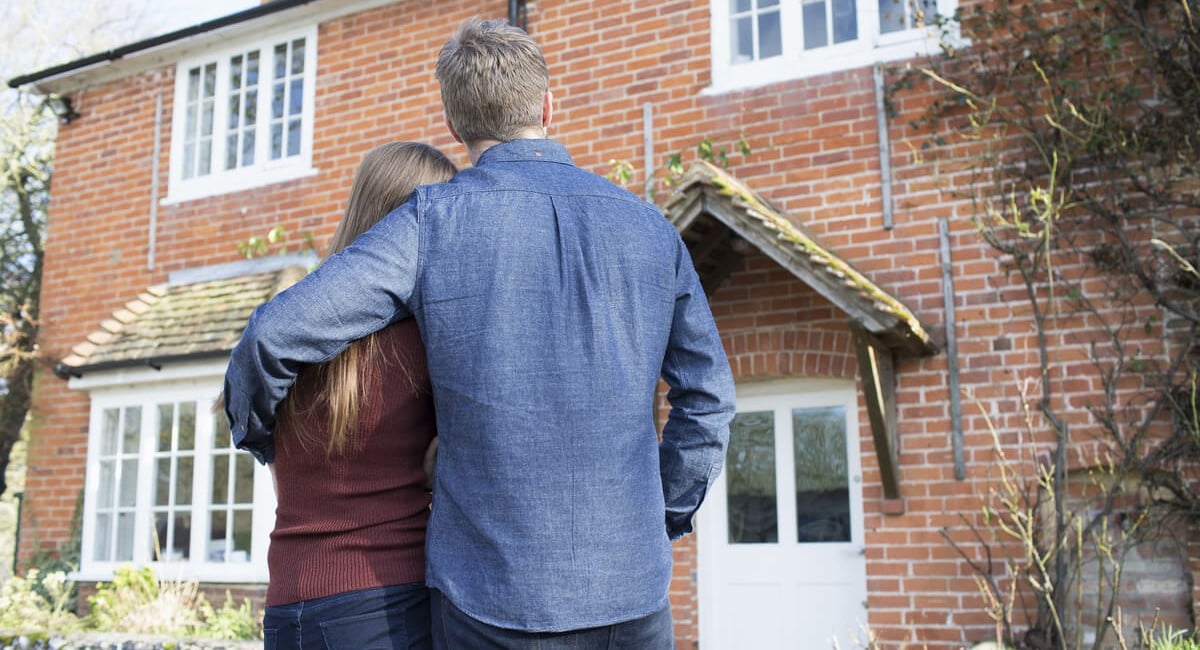
Advantages of Buying
The monthly cost of a mortgage versus a rental payment is only one factor you should consider when deciding whether to rent or buy. The true costs of buying versus renting are more complicated, and the right option for you will depend on your own personal circumstances.
Buying a house offers many advantages, even in 2025’s expensive market. Here are some of the upsides of buying:
Stable Costs
If you have a fixed-rate mortgage, your principal and interest payment will stay the same for the entire lifespan of the loan. It’s impossible to achieve this level of stability with renting because your landlord can raise your rent year after year. Your monthly mortgage payment might be more than a rent payment today, but in 20 years, it will be far lower.
However, property taxes and homeowners insurance costs will continue to increase over time. When you set your budget for your house, leave some space for the monthly payment to potentially grow.
Equity
A mortgage payment might be more expensive than a rent payment, but some of that money goes toward building equity in the home. Every dollar that’s applied to your loan principal will build equity. When you sell the house, you’ll get that money back.
If the home rises in value, which is expected, you’ll receive those profits as well. A rental payment, on the other hand, goes right to your landlord and is never seen again.
Ability to Refinance
Many buyers are purchasing houses in 2025 with the expectation of refinancing in a few years. No one can predict how mortgage rates will change over time, but they’re bound to fluctuate.
Decreasing your interest rate by just one percentage point can make a huge difference in your monthly payment. If you’re confident that you’ll be able to refinance your home in the future at a lower interest rate, buying in 2025 could be worth it.
More Space
Although the average mortgage payment is higher than the average rent, the average home is also larger. As a homeowner, you may get extra bedrooms and bathrooms, a larger living area, and a garage, attic, or basement for storage. Extra bedrooms can be especially valuable because you could rent them out to offset a high mortgage payment.
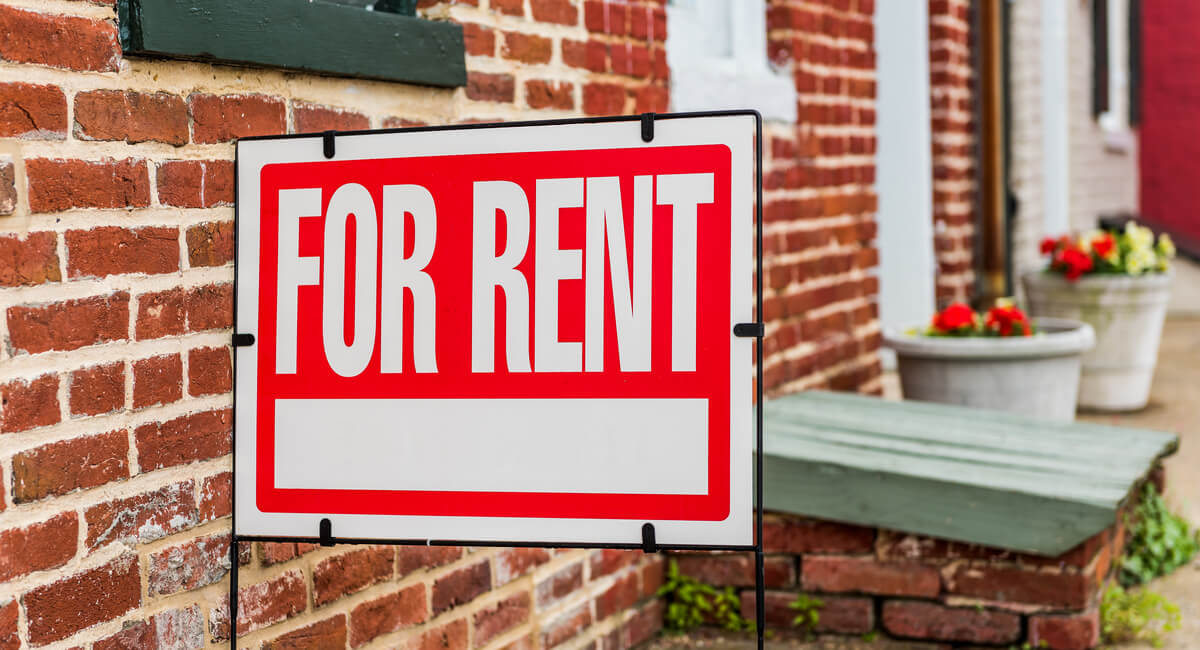
Advantages of Renting
Owning a house has lots of long-term financial benefits, but that doesn’t mean it’s the right choice in every situation. There are times in life where renting is the better option both financially and personally.
The following are some of the advantages of renting your home in 2025:
More Flexibility
If you don’t plan to live in one area for long or you aren’t sure what the future holds for you, renting is a far safer option than buying. Although you may get locked into a year lease when renting, it’s always easier to leave a rental agreement than it is to sell a house.
Renting also makes more sense financially if you expect to move away soon. Purchasing a home comes with a lot of up-front expenses, including the down payment, closing costs, and repairs. Generally, you need to live in a house you buy for at least five years to get a return on your investment.
Easier Approval
If you have poor credit or limited cash in the bank, getting approved for a mortgage can be very difficult. Your interest rate might be unmanageable, or you may be denied altogether. Being approved for a rental is usually easier than being approved for a home loan. During your time as a renter, you can work on improving your credit and becoming a stronger candidate for a mortgage.
Fewer Unexpected Costs
In most cases, you’re not responsible for maintenance and repairs as a renter. Your landlord will take care of routine maintenance such as HVAC servicing and lawn care. When something breaks, all you have to do is give the property managers a call.
As a homeowner, the financial and logistical burden of the maintenance falls entirely on you. Repairs and upkeep can amount to thousands of dollars per year, especially if you buy a fixer upper. While you can do your best to prepare for certain home repairs, there’s always a risk that something will break unexpectedly.
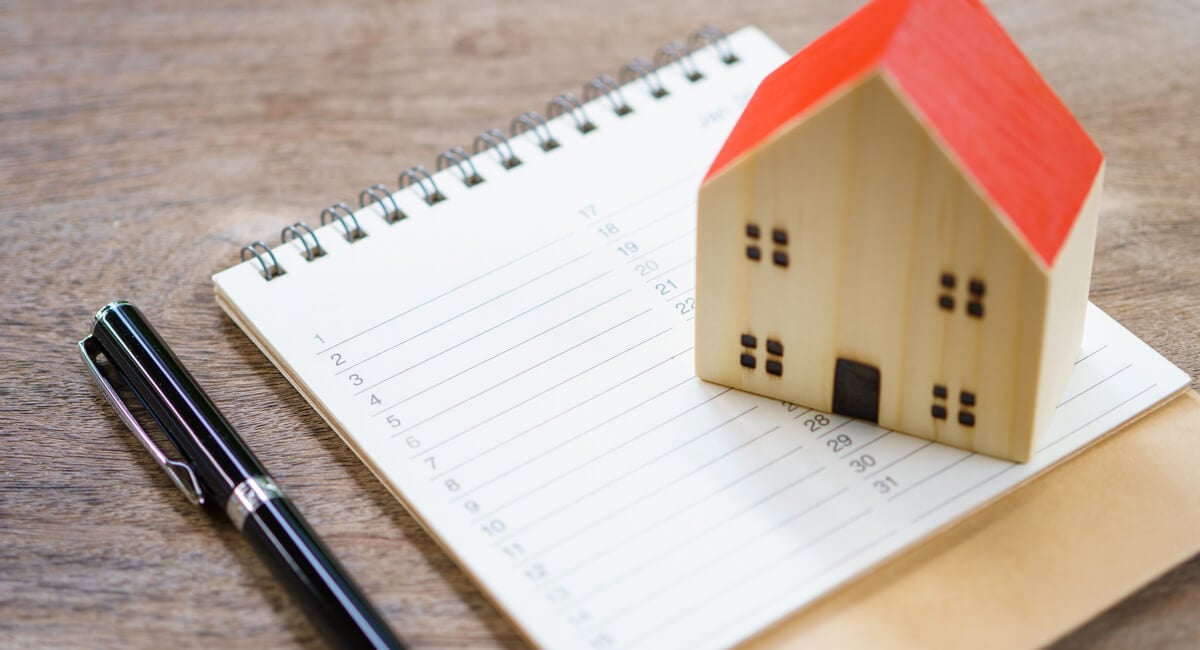
How to Choose Between Renting and Buying in 2025
When deciding whether to rent or buy, you have to consider the overall state of the market as well as your personal finances, your goals, and your priorities. Here are a few key factors to consider:
Long-Term Plans
If you know where you want to settle down long-term, you should consider buying a house. Owning property is a great way to build wealth, especially if you stay in the home for many years. If you plan to move soon or aren’t sure where you want to put down roots, renting is a safer choice.
Budget
Budget is usually the number one deciding factor when choosing where to live. Not only should you consider the monthly cost of a mortgage versus rent, but you should also think about the down payment, closing costs, and other expenses associated with homeownership.
Although owning a home has long-term financial benefits, you might not have the up-front funds needed to achieve this goal yet. You might decide to wait until you have a larger nest egg or until interest rates decrease, which can help you secure a more manageable mortgage payment.
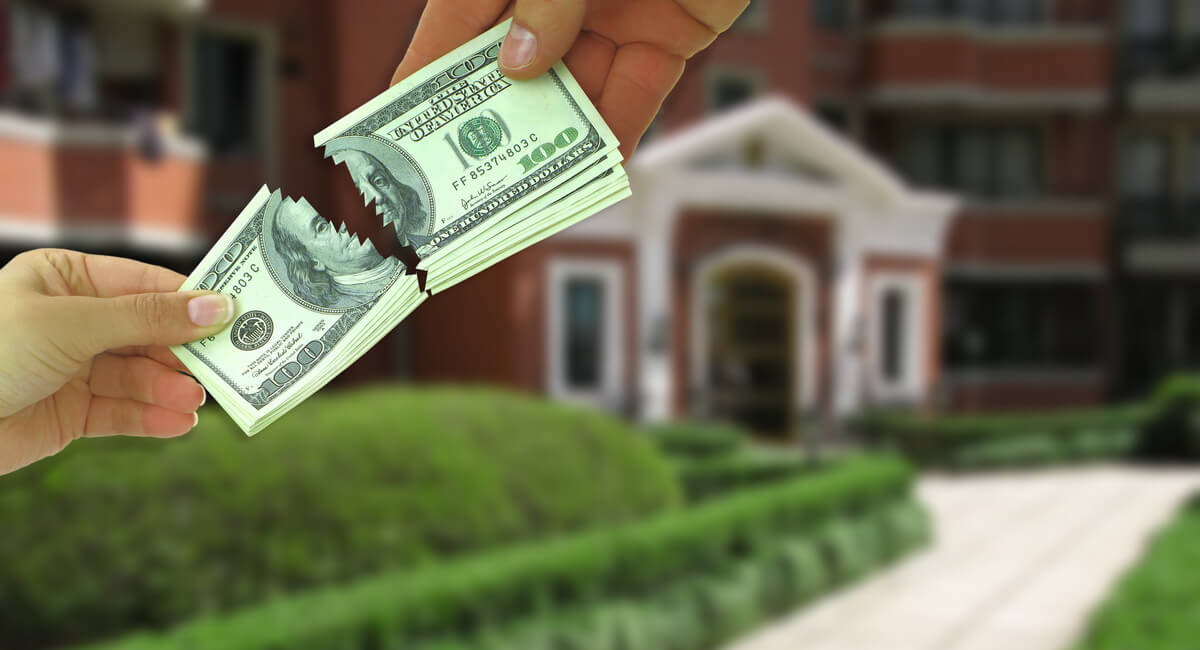
Local Market Conditions
Market trends vary from location to location. Housing costs are continuing to skyrocket in some cities. If you live in an up-and-coming neighborhood, buying a house now could result in a huge return on your investment in a few years. In other areas, though, home prices and rental rates have cooled off.
Average rental rates may be lower than mortgage payments in 2025, but there are many other financial and personal factors to consider when deciding whether to rent or buy. Homeownership is expensive, but it gives you an opportunity to build wealth and achieve more stability. Renting offers less security, but it’s also less of a financial burden. If you’re not sure if 2025 is the right time for you to buy a home, consult with a trusted financial expert or real estate professional who understands the market in your area.

